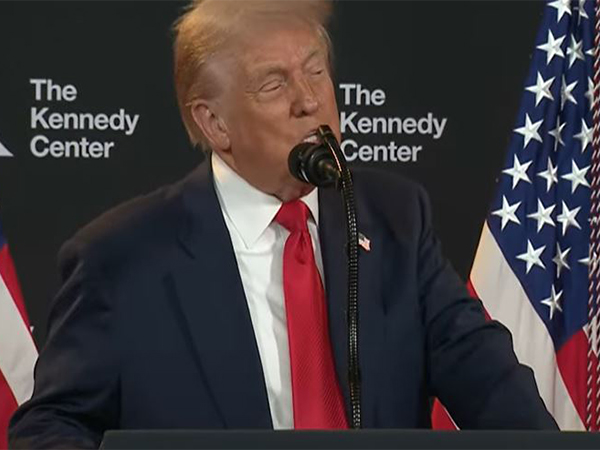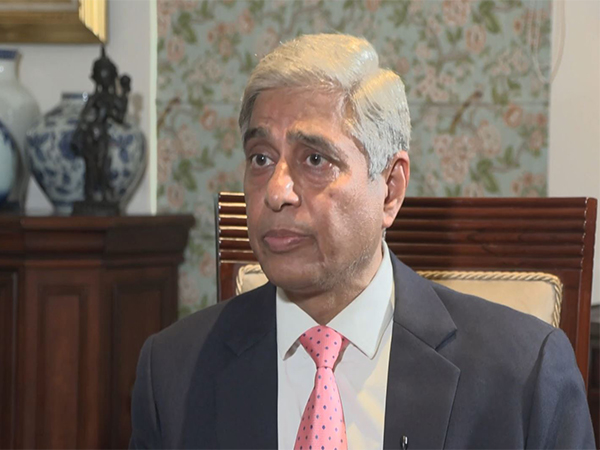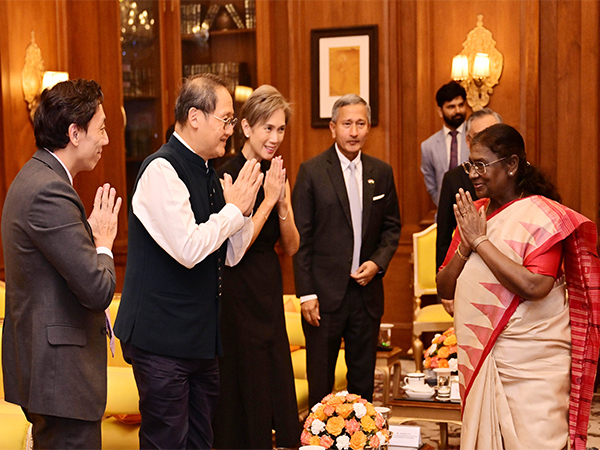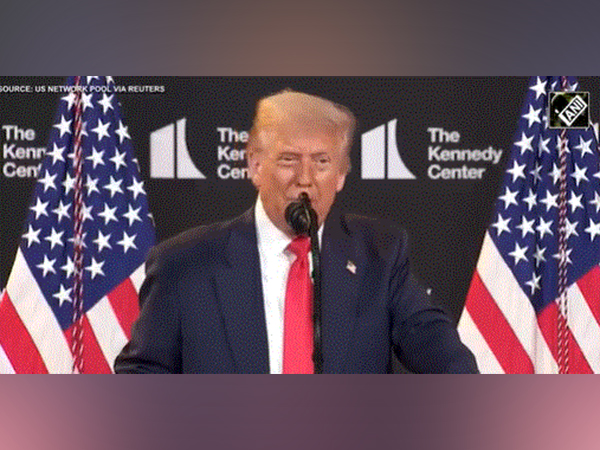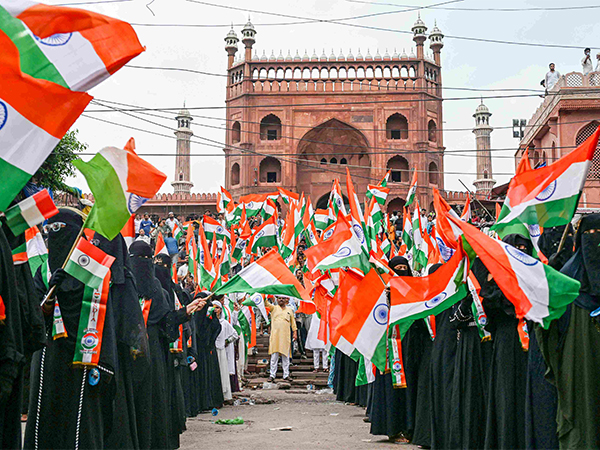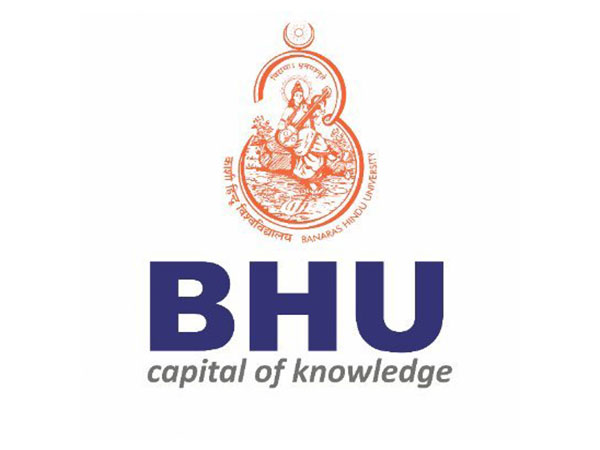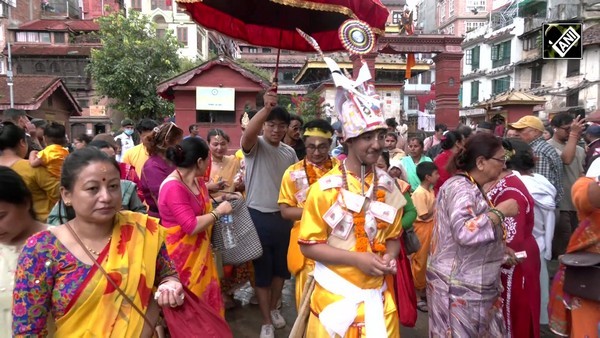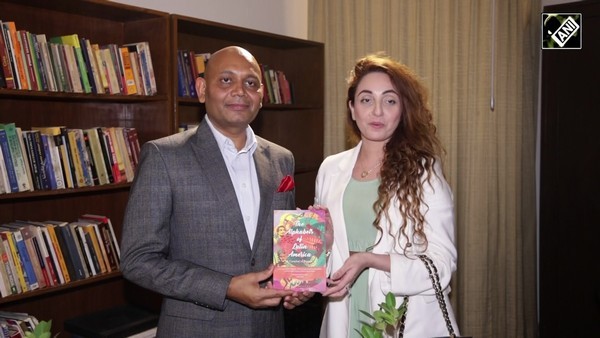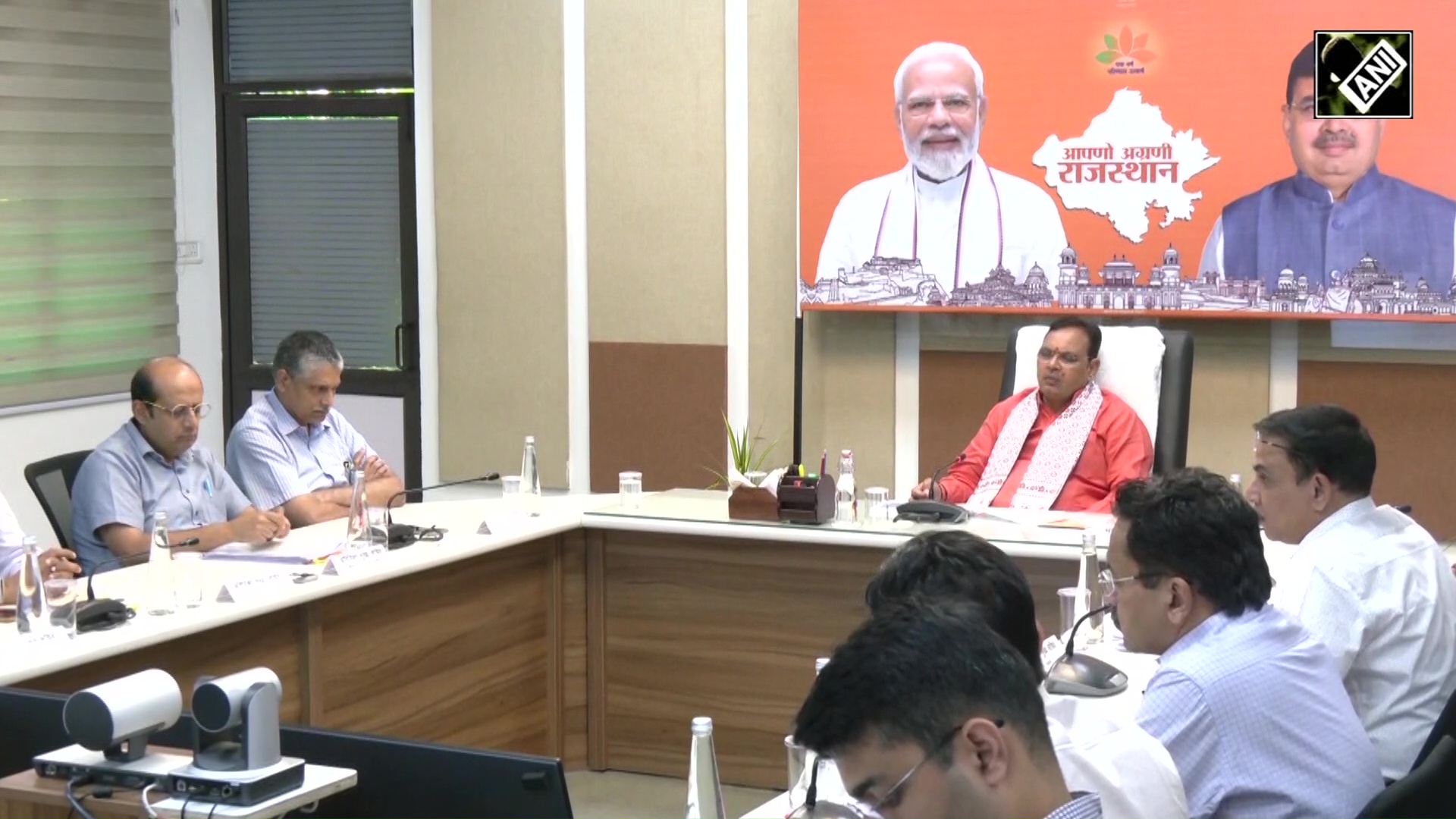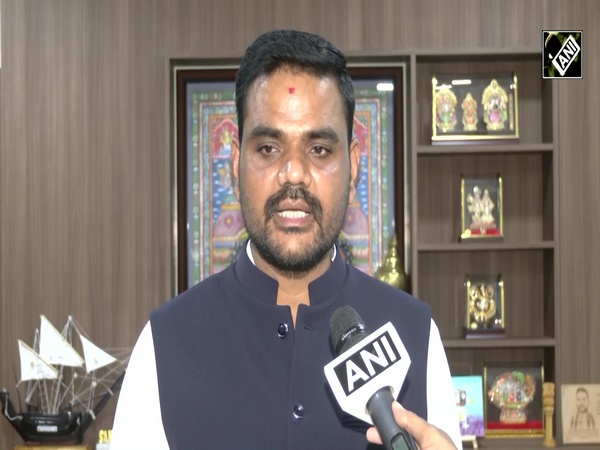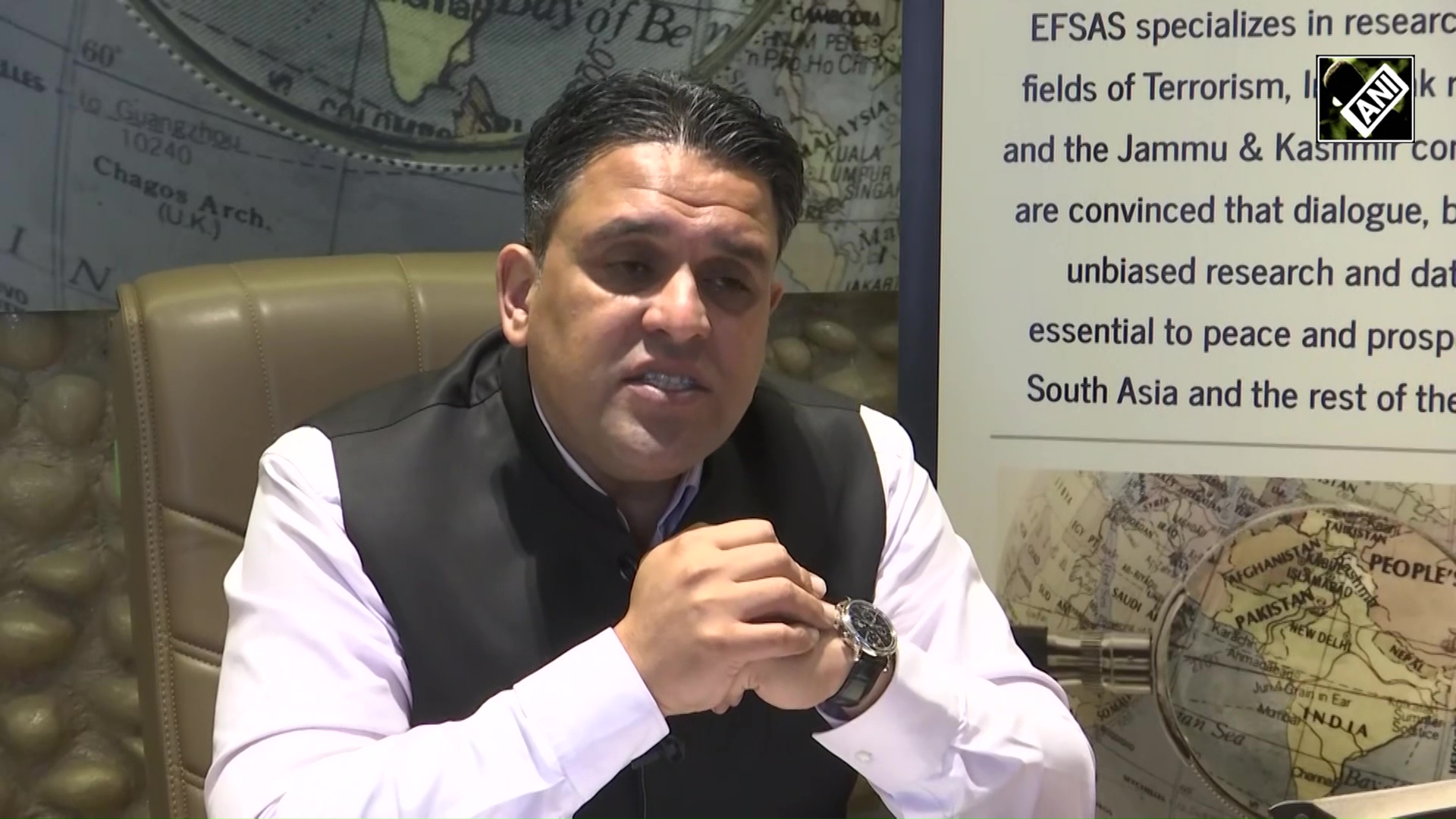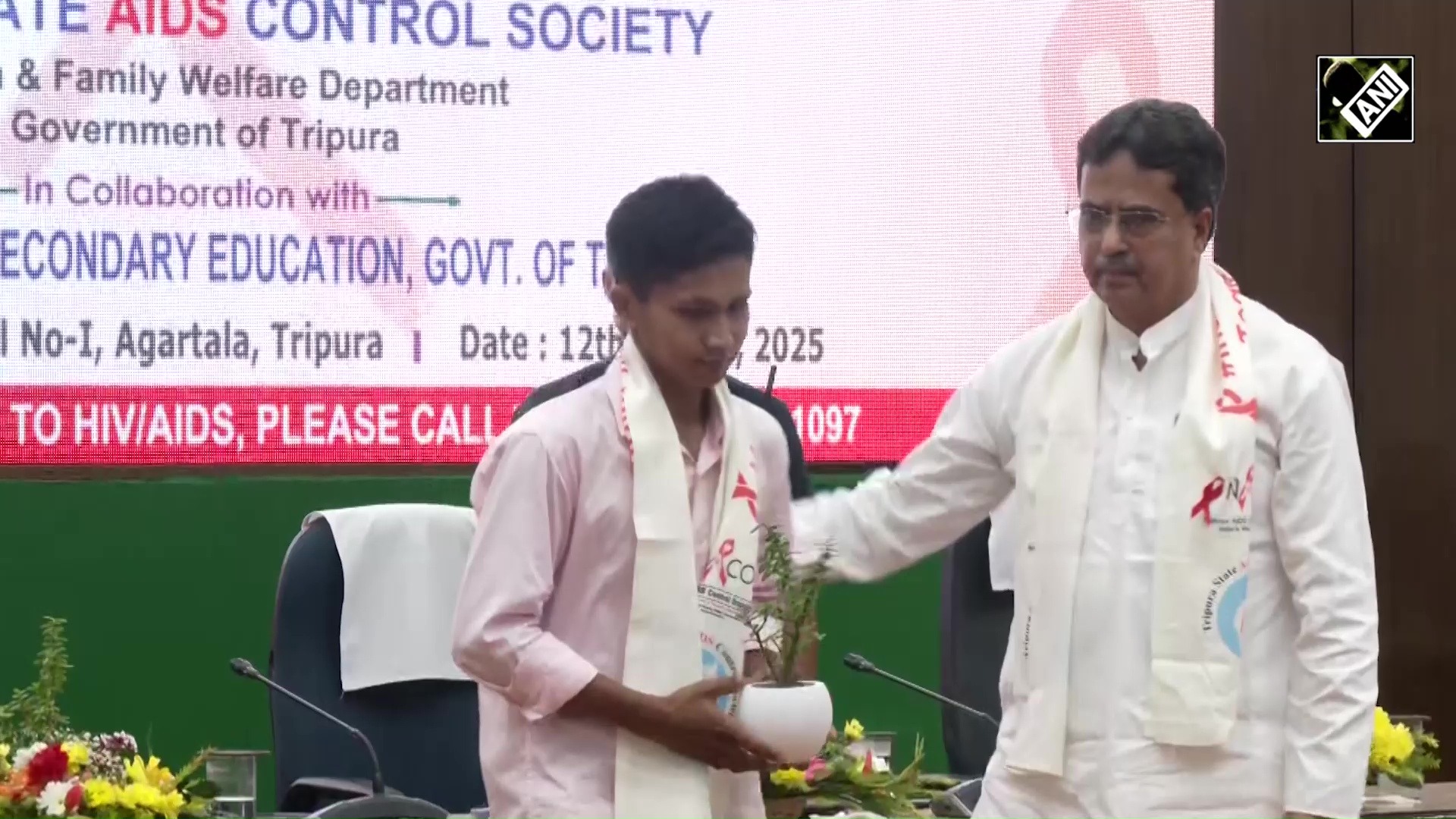Xi congratulates Sri Lanka's new president Wickremesinghe, looks forward to advancing traditional friendship
Jul 22, 2022

Colombo [Sri Lanka], July 22 : China, which turned a blind eye to Sri Lanka while it struggled with the economic and political crisis, is now looking forward to advancing bilateral ties and traditional friendship between the two countries, as evident from President Xi Jinping's congratulatory note to newly-elected Sri Lankan President Ranil Wickremesinghe.
"It is hoped that we carry forward the traditional friendship, consolidate political mutual trust, and push forward the strategic cooperative partnership of sincere mutual assistance and everlasting friendship between the two countries," Xi wrote in a letter to Wickremesinghe while congratulating him.
"China and Sri Lanka are traditional friendly neighbours to each other and since the establishment of diplomatic relations 65 years ago. The two countries have always promoted the development of bilateral relations on the basis of mutual respect, equality and mutual benefit, setting an example of friendly coexistence and mutually beneficial cooperation between countries of different sizes," Xi further said.
Amid the political and economic imbalance, Sri Lanka had asked China for help and asked for a USD 1 billion loan to meet repayments, and a USD 1.5 billion credit line to buy Chinese goods, however, no progress was attained even after months of negotiations and China shifted the blame for the crisis to the borrower country.
Many Sri Lankans were of the view that the Chinese' muted response amid the unprecedented crisis amounted to humiliation.
After a long period, now when the crisis-hit Sri Lanka looks forward to political stability, China once again turned to the country for its "debt trap" diplomacy.
"I believe that under your leadership, Sri Lanka will be able to overcome temporary difficulties and advance the process of economic and social recovery. I attach great importance to the development of China-Sri Lanka relations, and am willing to provide support and stance to the best of my ability for you and the Sri Lankan people in your efforts," Xi wrote in the letter.
"After the outbreak of COVID-19, China and Sri Lanka have stood together and helped each other, and the traditional friendship has been sublimated," Xi wrote.
Sri Lanka has become a cautionary tale of misgovernance and misfortune as the sweeping impact of the pandemic crushed the vital tourism sector, and then came the Russian invasion of Ukraine, which disrupted global supply chains and accelerated the inflationary spiral that dragged Sri Lanka's economy into an abyss.
Sri Lanka's over-reliance on China as a development partner proved wrong as China's predatory debt diplomacy increased the foreign debts of the nation and amplified the crisis.
As the country slid into a foreign exchange crisis, China just came forward with a proposal for a paltry USD 500 million concessionary loans for 10 years to deal with the economic fallout of the pandemic and showed a willingness to renegotiate only a handful of Chinese debt, standing close to USD 6.5 billion and constituting more than 10 per cent of Sri Lanka's total foreign debt over USD 50 billion.
Additionally, China did not entertain Sri Lanka's request for debt deferment of around USD 2.5 billion saying there is no such provision in their financial system, instead it evinced interest to consider providing a loan to repay debt due to it.
This year Sri Lanka needs to repay over USD 1.5 billion to China alone for debt servicing, the report stated further.
Spiking inflation has a vast swath of the country's 22 million people in need of food assistance. Schools and many businesses remain shut, while ordinary citizens wait days in miles-long lines for gas.
Beijing has been Sri Lanka's biggest creditor, accounting for some 10 per cent of the country's foreign debt. The communist nation between 2000 and 2020, moreover extended it to close to USD 12 billion in loans to the Sri Lankan government, largely for a slate of major infrastructure projects that turned into white elephants -- including a costly port facility in the Rajapaksas' hometown of Hambantota, which was effectively ceded to Chinese control half a decade ago after Sri Lankan authorities recognised they could no longer pay off the loans.
Sri Lanka opted for this path rather than taking the more painful steps of restructuring its debts in dialogue with the IMF and pushing through austerity measures to appease the Paris Club, the grouping of 22 rich nations that are the world's major creditors. (China is not a member, a reflection of its own geopolitical ambitions and distaste for rules set by other powers.)
The legacy Beijing lays down in Colombo will be a marker for years to come. "This is the first major, uncontrolled collapse where China is a dominant lender," wrote Peter Hartcher of the Sydney Morning Herald. "This throws open big questions about how it handles its new power over the fates of nations when they're at their most vulnerable."
